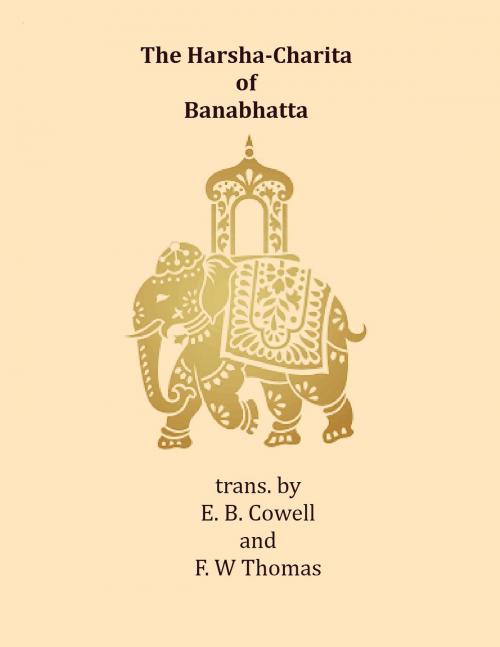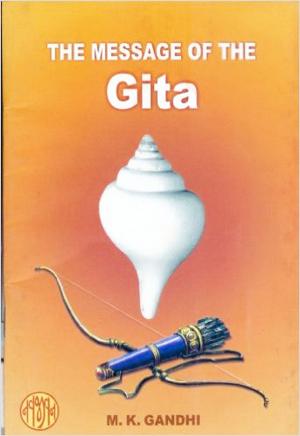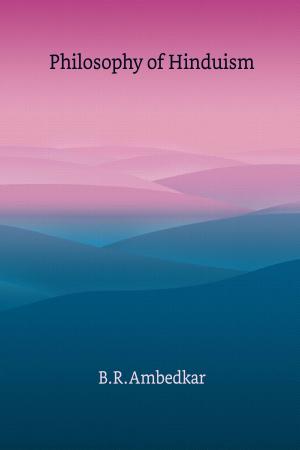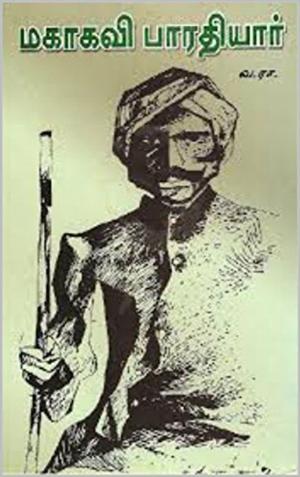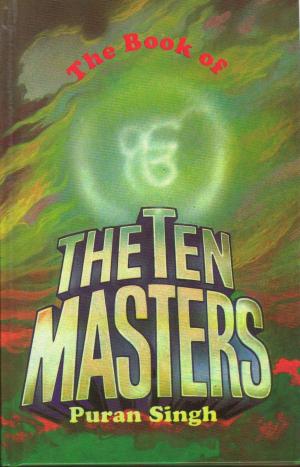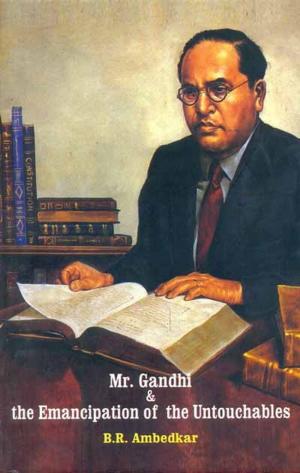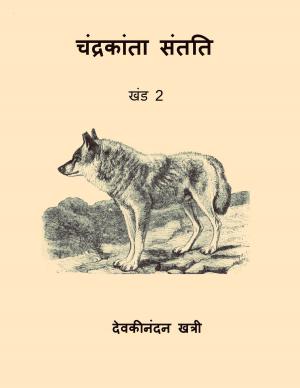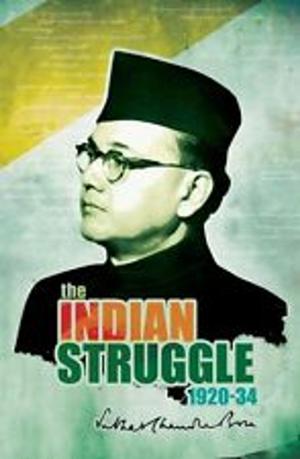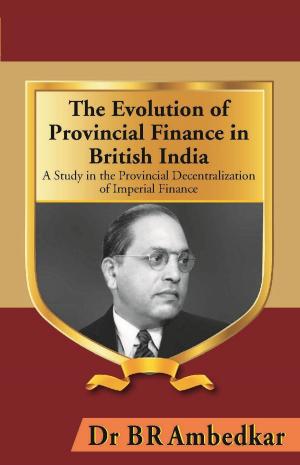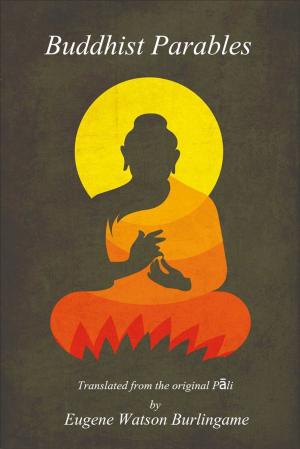| Author: | Banabhatta, Edward Byles Cowell, F. W Thomas | ISBN: | 1230001992847 |
| Publisher: | Kar Publishing | Publication: | November 7, 2017 |
| Imprint: | Language: | English |
| Author: | Banabhatta, Edward Byles Cowell, F. W Thomas |
| ISBN: | 1230001992847 |
| Publisher: | Kar Publishing |
| Publication: | November 7, 2017 |
| Imprint: | |
| Language: | English |
The Harsha-Charita of Banabhatta by Edward Byles Cowell & Frederick William Thomas The Harshacharita (Sanskrit: हर्षचरित, Harṣacarita) (The deeds of Harsha), is the biography of Indian emperor Harsha by Banabhatta, also known as Bana, who was a Sanskrit writer of seventh-century CE India. He was the Asthana Kavi, meaning Court Poet, of Harsha. The Harshacharita was the first composition of Bana and is considered to be the beginning of writing of historical poetic works in Sanskrit language. The Harshacharita ranks as the first historical biography in Sanskrit although it is written in a florid and fanciful style. Bana's detailed and vivid descriptions of rural India's natural environment as well as the extraordinary industry of the Indian people exudes the vitality of life at that time. Since he received the patronage of the emperor Harsha, his descriptions of his patron are not an unbiased appraisal and presents the emperor's actions in an overly favourable light.
The Harsha-Charita of Banabhatta by Edward Byles Cowell & Frederick William Thomas The Harshacharita (Sanskrit: हर्षचरित, Harṣacarita) (The deeds of Harsha), is the biography of Indian emperor Harsha by Banabhatta, also known as Bana, who was a Sanskrit writer of seventh-century CE India. He was the Asthana Kavi, meaning Court Poet, of Harsha. The Harshacharita was the first composition of Bana and is considered to be the beginning of writing of historical poetic works in Sanskrit language. The Harshacharita ranks as the first historical biography in Sanskrit although it is written in a florid and fanciful style. Bana's detailed and vivid descriptions of rural India's natural environment as well as the extraordinary industry of the Indian people exudes the vitality of life at that time. Since he received the patronage of the emperor Harsha, his descriptions of his patron are not an unbiased appraisal and presents the emperor's actions in an overly favourable light.
